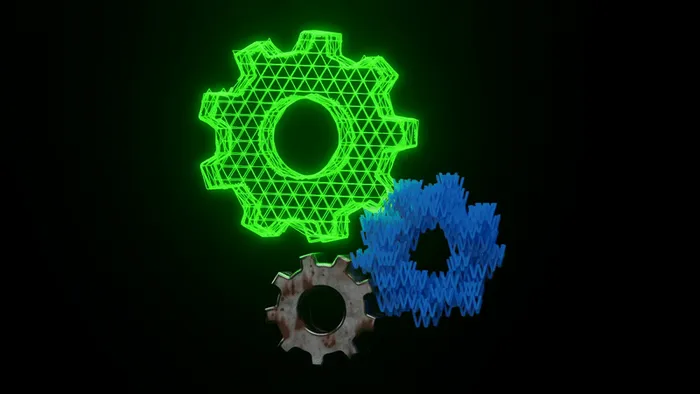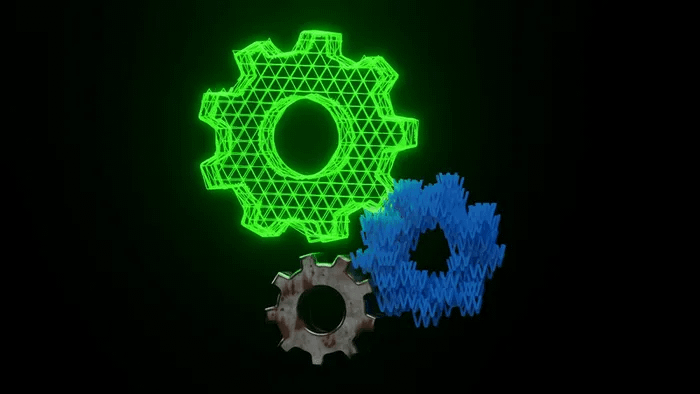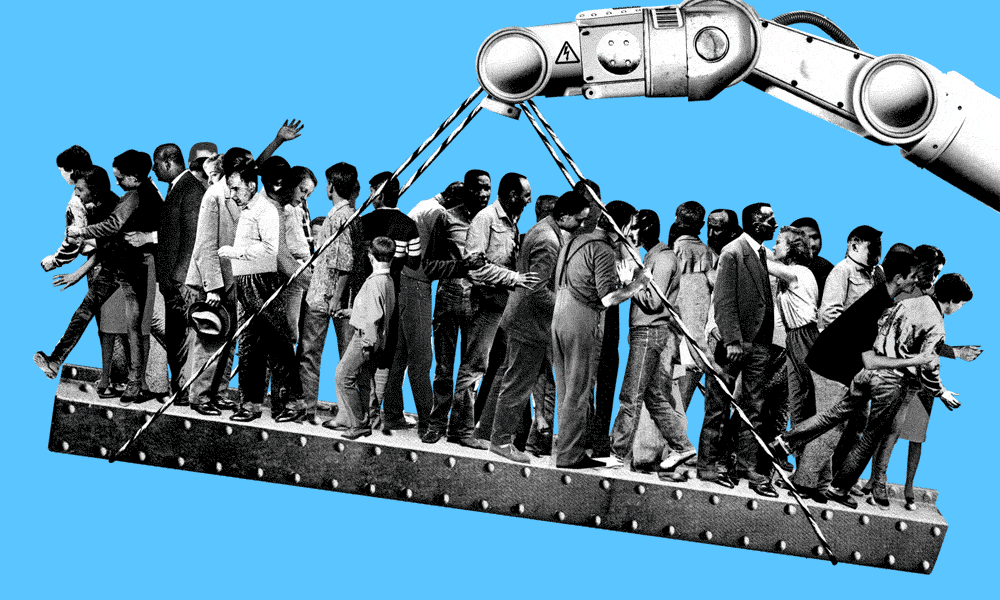
AI: New AI Jobs to come in truly unexpected ways. RTZ #915
As I’ve outlined from the earliest days of AI: RTZ, AI Job Fears are a distinct difference amongst mainstream audiences vs prior Tech Waves. It is a consistent drumbeat from AI executives to regulators. And I’ve kept saying how AI will likely surprise us on the upside than the downside. The Internet Tech wave is a good harbinger of how that can happen, and one where I had a front row seat from the beginning.
The WSJ has a thoughtful piece in “How the Internet Rewired Work—and What That Tells Us About AI’s Likely Impact”:
“Pundits in the late 1990s offered all sorts of predictions about how the internet would affect jobs. For the most part, they were way off.”
“Remember when America Online CDs carpeted America and “You’ve got mail” felt like the future? The internet did transform work—but not the way 1998 thought. The surprises weren’t just CEOs in hoodies and legions of coders. They were barbers with booking links, nurses on telehealth, and delivery jobs by the hundreds of thousands.”
Looking back at that time isn’t just an exercise in nostalgia. What we imagined then, and how the internet actually changed jobs—sometimes loudly, often quietly—suggests a lot about today’s artificial-intelligence moment.”
The surprise upside are easy to forget since the 1990s are as distant to us today as the 2050s are going forward:
“The late 1990s brimmed with predictions, often contradictory. On one side were promises of instant transformation; on the other, eye rolls about hype and bubbles. With hindsight, both camps were partly right and partly wrong. The internet turned out to be more transformative than skeptics allowed, yet its effects on jobs arrived slower and in more unexpected places than boosters forecast.”
“If you were looking only for a sudden surge of “internet jobs,” you missed the real headline: The internet slipped inside almost every job and rewired how work got done.”
Examples abound:. They’re notable given the current flood of AI job warnings:
“That didn’t mean it was painless. The internet wasn’t a huge job killer overall, but for some occupations, it wasn’t a gentle decline—it was a cliff. The number of travel agents dropped as booking went online. Meter readers fell as utilities digitized. Other declines are still unfolding: Counter-clerk employment dropped by 30% between 2015 and 2023 as kiosks and then apps took over; telemarketer jobs fell 75% as the web provided new channels for outreach.”
And the changes keep coming, building on what came before:
“Only then did the backbone scale: We went from server closets wedged next to the mop sink to data centers and cloud regions, from lone system administrators to fulfillment networks, cybersecurity and compliance. That is where many unexpected jobs appeared. Networked machines and web‑enabled software quietly transformed back offices as much as our on‑screen lives.”
“Similarly, as e‑commerce took off, internet‑enabled logistics rewired planning roles—logisticians, transportation and distribution managers—and unlocked a surge in last‑mile work. The build‑out didn’t just hire coders; it hired coordinators, pickers, packers and drivers. It spawned hundreds of thousands of warehouse and delivery jobs—the largest pockets of internet‑driven job growth, and yet few had them on their 1998 bingo card.”
And it’s not relegated to just the internet wave:
““This pattern was already visible in the previous major technological leap: computerization. In the 1970s and 1980s, green-screen terminals gutted roles built around narrow, routine tasks. Payroll clerks plunged 70% between 1970 and 1980, census data show. Secretarial jobs fell nearly 60% over the same period. Yet most jobs came to depend on computers without seeing big employment declines.”
Which brings us to today:
“So what does that tell us about AI? Our mental model often defaults to an industrial image—John Henry versus the steam drill—where jobs are one dominant task, and automation maps one‑to‑one: Automate the task, eliminate the job. The internet revealed a different reality: Modern roles are bundles. Technologies typically hit routine tasks first, then workflows, and only later reshape jobs, with second‑order hiring around the backbone.”
“That complexity is what made disruption slo swer and more subtle than anyone predicted. AI fits that pattern more than it breaks it. The text-generating AI known as large language models can draft briefs, summarize medical notes and answer queries. Those are tasks—important ones—but still parts of larger roles. They don’t manage risk, hold accountability, reassure anxious clients or integrate messy context across teams.”
“Expect a rebalanced division of labor: The technical layer gets faster and cheaper; the human layer shifts toward supervision, coordination, complex judgment, relationship work and exception handling.”
These are but guesses of course, with surprises likely in both directions:
“What to expect from AI, then, is messy, uneven reshuffling in stages. Some roles will contract sharply—and those contractions will affect real people. But many occupations will be rewired in quieter ways. Productivity gains will unlock new demand and create work that didn’t exist, alongside a build‑out around data, safety, compliance and infrastructure.”
But the punch line is worth absorbing:
“AI is unprecedented; so was the internet. The real risk is timing: overestimating job losses, underestimating the long, quiet rewiring already under way, and overlooking the jobs created in the backbone. That was the internet’s lesson. It’s likely to be AI’s as well.”
The whole piece is worth a full read for a lot more detail and nuance. But the overarching point remains that tech waves surprise on the upside in job creation. This AI Tech Wave is likely to be a bigger surprise than currently imagined. Stay tuned.
(NOTE: The discussions here are for information purposes only, and not meant as investment advice at any time. Thanks for joining us here)










